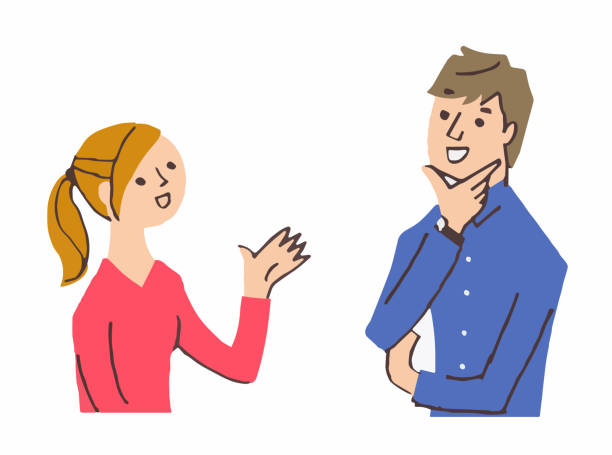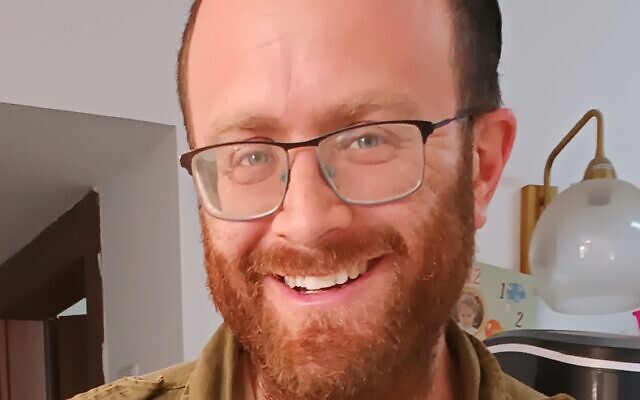August 16, 2022|י"ט אב ה' אלפים תשפ"ב Va'Eschanan 5782 - Nachamu: Changing Our Perspective, Together
Print Article
It’s one of the saddest moments in the history of our people. Moshe Rabbeinu, having sacrificed his entire life, his family, for Am Yisrael, for the expressed purpose of bringing the people in Eretz Yisrael, has been told he cannot enter the land.
But, of course, he hasn’t given up!
And he tells the Jewish People the story:
(כג) וָאֶתְחַנַּן אֶל יְקֹוָק בָּעֵת הַהִוא לֵאמֹר:
And I PLEADED with Hashem at that moment.
And we can imagine the intensity and the emotion in Moshe’s tefillah to Hashem. The tears, the POWER of his tefillah.
On top of that, Moshe has quite a track record when it comes to having his powerful tefillos answered in the affirmative:
- When Am Yisrael sinned at the Egel HaZahav, the Golden Calf, Hashem wanted to destroy them, Moshe’s tefillos were answered, and the people were saved.
- When we sinned with the Chet HaMeraglim, Moshe davened, and Hashem delayed our entry into Eretz Yisrael for 40 years, but he didn’t destroy us.
And yet, as we all know, when it comes to his own tefillah, Moshe did not receive the response he had hoped for. The answer was no.
And while the question of prayers that are not answered the way we would hope has no answer, and I would never dare to explain why any particular tefillah receives a yes and others receive a no, in THIS CASE, the Medrash tells us why Moshe was not answered.
Moshe tells the people, “V’Lo Shama Elai”. Hashem didn’t listen to ME! Look at the language of the introductory words of our parsha:
Va’Eschana El Hashem! I davened.
Says the medrash, after everything Moshe Rabbeinu had done for the people, the reason his tefillah wasn’t answered was because he davened ALONE. The Tzibbur, the people he had watched over for forty years, didn’t daven with him or for him!
“Va’Eschanan”, Moshe tells the people with tears in his eyes. I davened all by myself. I didn’t have the power of the tzibbur, so I won’t join you in Eretz Yisrael.
And Rav Soloveitchik, following up on this medrash made the following penetrating point:
The Rambam in his introduction to Hilchos Taaniyos, the Laws of Public Fast Days, where he describes the process of davening b’eis tzara, in times of crisis, writes that our job is LITZOK (לצעוק), to call out, to daven. However, later on, in the very first halacha he changes the language to LIZOK (לזעוק).
And the Rav said, you know what the difference is?
- Litzok is to COMPLAIN. To protest. There is a story with Elisha and a mother who came to complain to him. There the Tanach uses the language of TZAAKA, to complain.
- What, then, is ZAAKA?
In Megillas Esther, when Mordechai hears about the gzeira, the decree against the Jewish People, says the megillah:
וַיִּזְעַק זְעָקָה גְדֹלָה וּמָרָה:
He cried out a bitter cry.
But what was Mordechai doing? Just crying because he was sad? Of course not! He was calling out, galvanizing others to join him in tefillah, which is exactly what they did.
In the words of Rav Soloveitchik:
“Zaaka expresses the love of the individual for the community, and the dedication of the community to the individual. Zaaka… means…I get involved with the tzibbur, and I summon the tzibbur to pray with me – not l’hispallel before Gd, but Lizok before Him [together!].”
When Moshe davened for the people after the Chet HaEgel and after the Chet HaMeraglim, Hashem responded to a tefillah said b’lashon rabim, on behalf of the community. But once he was left to daven on his own only for himself, the tefillah just didn’t carry the same weight.
And it is no surprise, then, that virtually every tefillah we say, we say b’lashon rabim, either TOGETHER as a community, or ON BEHALF of the community:
- When we daven for someone who is sick, we ask Hashem to send them a refua, healing, b’soch shaar cholei Yisrael, together with all the others in Klal Yisrael who need a refua.
- When we comfort a mourner we daven that Hashem should offer them comfort, “B’soch shaar aveilei zion V’Yerushalayim” among all other mourners for Jerusalem.
We have learned since the story of Va’Eschanan, when our greatest leader was left to daven all alone, that a Jew never allows another Jew to daven alone. We join together, and we daven together.
We call this Shabbos, Shabbos Nachamu, the Shabbos of Consolation after Tisha B’Av. But what does that mean? How can we be consoled if the Beis HaMikdash is not yet here?
And Rav Soloveitchik explained that word נחם really isn’t translated as comfort, as much as it means to change perspective.
As the Torah tells us after the Chet Ha’Egel:
וַיִּנָּחֶם יְקֹוָק עַל הָרָעָה אֲשֶׁר דִּבֶּר לַעֲשׂוֹת לְעַמּוֹ: פ
Hashem changed his mind, He regretted what He said He would do to the people.
Hashem of course does not regret. He is perfect. He doesn’t change His mind. Rather, Hashem changed his perspective.
We spent an entire Tisha B’Av recognizing that we can only fulfill our mission as a people when we feel connected to each other. When we realize how much we NEED each other. And Shabbos Nachamu is when we have an opportunity to begin to show that we have learned that lesson and have begun to CHANGE OUR PERSPECTIVE, not only in terms of how we treat each other outside of shul, but also with how we relate to each other INSIDE SHUL.
We think that when we walk into shul I am here to fulfill my obligation to daven with a minyan. If you want to make it even more meaningful, I have come to daven to Hashem, to create a personally meaningful connection with HKBH through personal conversation, and I do so alongside others.
And while that is true, what we have learned this morning is that it’s so much more than that. When we come into this room, or any other Beis HaKnesses, we have joined a team that is working together, for each other. We join forces to daven as a group, and we daven b’lashon rabim, in the plural. Whether I even realize it or not, every time I open a siddur I’m not davening only for myself. I’m davening for him, and he’s davening for her, and she’s davening for someone else. We’re not a bunch of individuals, davening for ourselves, who happen to be standing in the same room. We are a team working in unison for each other.
And if that’s true, now we can have a totally different perspective on what it means to enter our shul. Because what Rav Soloveitchik reminds us is that a Makom Tefillah is a place of shared responsibility and shared opportunity. It’s a place where my tefillos have power way beyond myself, and, of course, my conduct matters way beyond myself.
It’s a place where we aren’t simply roommates, we are teammates. And, therefore, when we are mindful to remain focused on the task at hand, and, at the very least, not to disturb others, we are not only acting with basic derech eretz, respect for others and respect for ourselves, we are elevating the tefillos themselves, which, after all, are being davened on behalf of us all, each and every one of us, together.




